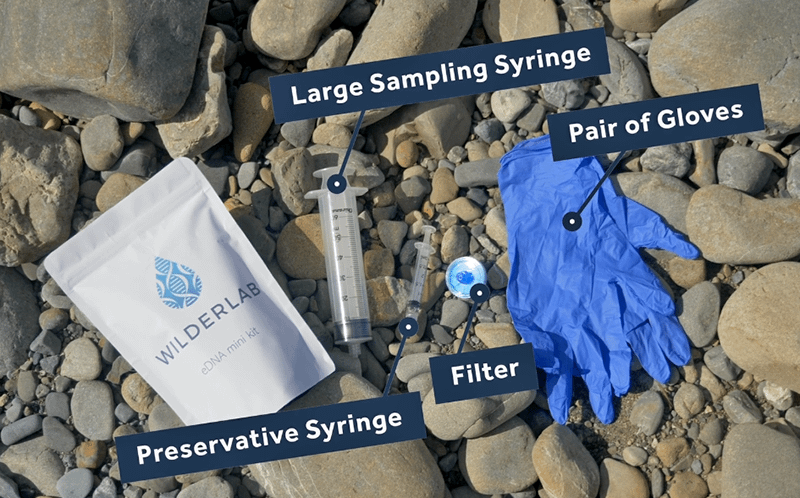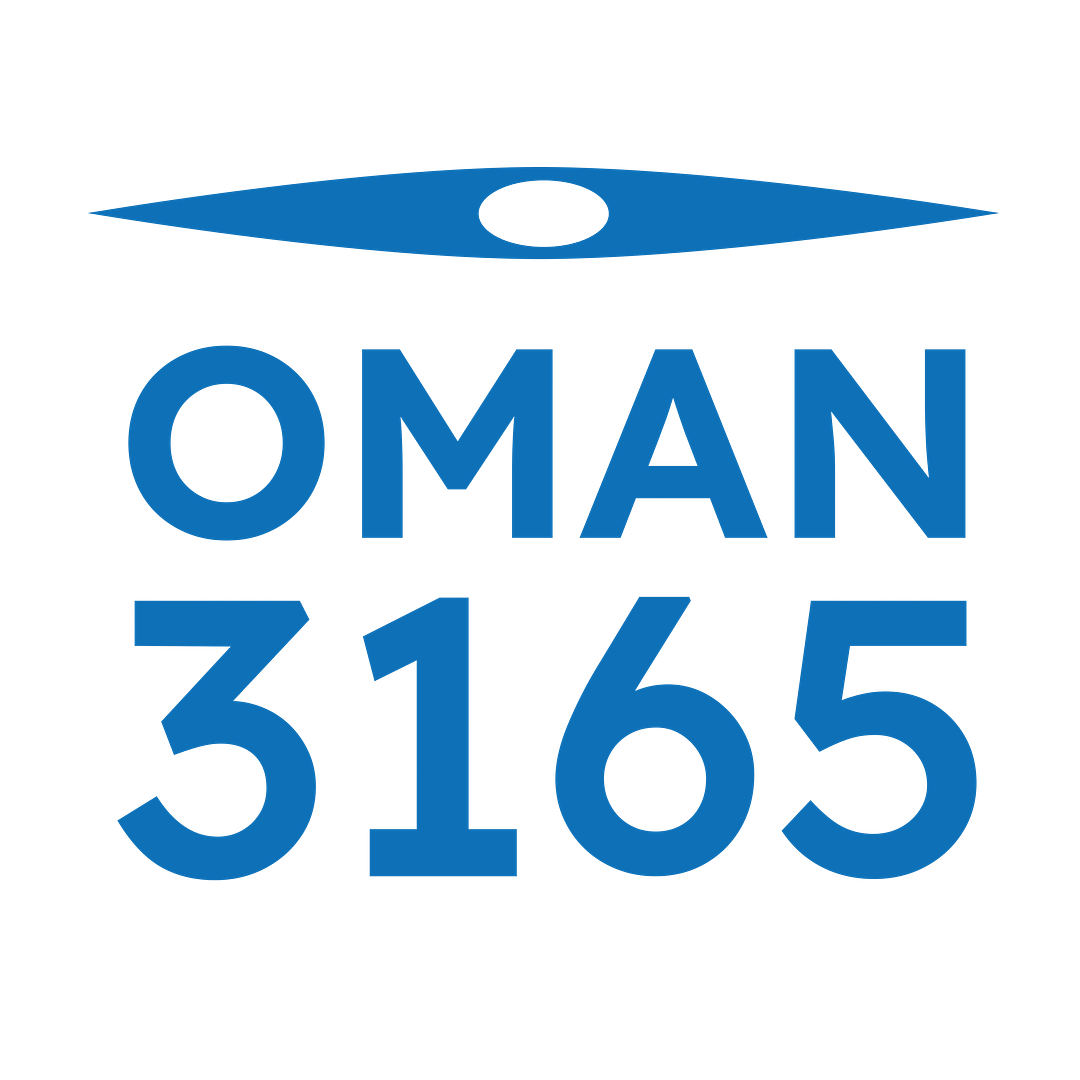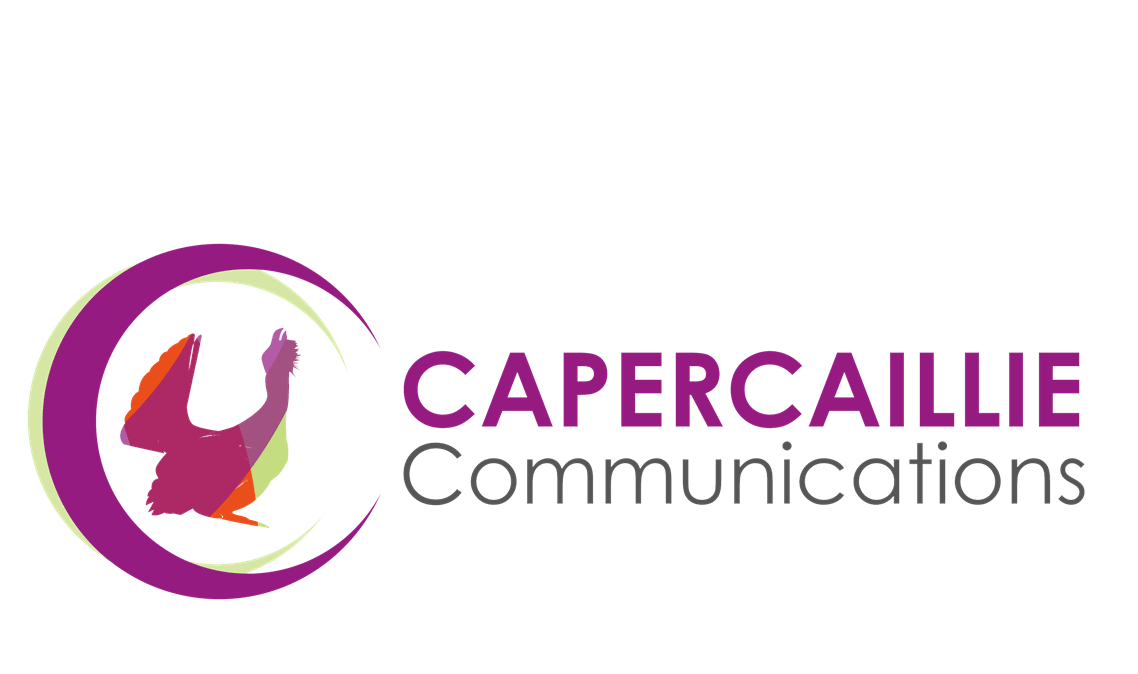Science
Spending 60 plus days on the water in a silent boat gives the Oman 3165 team a unique opportunity to gather data to support research being undertaken by expert marine scientists, and to inspire the next generation of ocean caretakers. A small team of advisors will help shape the projects and help interpret what we see, and what we do. All data gathered will be made available to Oman’s Environment Authority, and any other parties for whom it may be of use. A selection of the projects include:
EDNA Sampling

Environmental DNA is genetic material that is shed by organisms as they move in through and around their environment. By isolating this material from different reservoirs such as oceans we can gain valuable insights into the distribution of species through time and space, more sensitively monitor biosecurity threats and better understand and track fluctuations in ecosystem health. What’s more, the technique doesn’t require capture and identification all of the organisms that are desirable to monitor, making it faster, safer and less time consuming than some traditional field survey methods. The rapid growth of eDNA based monitoring reflects its ease and cost effectiveness, enabling the growth of scale and depth of environmental monitoring. It can identify thousands of species of fish, macro invertebrates, birds, mammals, reptiles, amphibians, plants, fungi, bacteria and other organisms …. all of this from just a cup or two of water! Oman 3165 is excited to be partnering with the incredible team at Wilderlab from NZ to collect samples on the journey to discover what lies in the waters of Oman.
Ocean Acoustics

Sometimes it’s not easy to see what is under the water, but it may be possible to detect presence through sound, which travels 4.7 times faster underwater. Ocean acoustics is the study of sound and its behaviour in the ocean, used not only to pick up sounds of marine life, but also to help scientists understand the impact of human generated noise on marine life. Using a specially adapted hydrophone produced under the guidance of marine scientist Andrew Wilson at Future Seas we will periodically collect soundscapes that will be sent for analysis by Gill Braulik at the Sea Mammal Research Unit at The University of St Andrews in the UK.
Cetacean Recording

Occupying an isolated corner of the Indian Ocean, the seas of Oman are home to some of the world’s most varied and biologically productive waters; those three seas-the Arabian gulf, the sea of Oman and the Arabian Sea interconnect to create a unique marine environment and provide a complex food web to support the life of an extraordinary diversity of marine creatures. There are over 80 species of cetaceans in the world, with 20 of them living in Oman’s waters, including four species of great whales, but unfortunately, like much of the world Oman’s marine environment is threatened by a variety of factors the biggest of which include entanglement from lost or abandoned fishing gear, plastic pollution, ship strikes, habitat loss and climate change. To support the work being undertaken by marine scientists at the Environment Authority in Oman and by the ocean charity Hudonet a detailed record will be kept each day of any cetacean observations a special eye will be kept out for two particular species that are of particular concern the humpback dolphin and the Arabian humpback whale both of which face challenges…..
Meet our team of expert advisors!

Aida Al Jabri
Aida Al Jabri has been a marine environment specialist at Oman’s Environment Authority, Marine Conservation Environment Department, since July 2011, serving as technical environment expert and trainer on all aspects of marine conservation. She leads and trains a team of Omani specialists and rangers on studies of marine mammals in Oman, evaluating and reviewing Environmental Impact Assessments and proposals for development projects in Oman’s coastal areas. Aida also serves as team member advising on marine conservation issues for the World Bank’s Gulf Environmental Partnership and Action Program (GEPAP), and helps organize and various marine resource management projects such as mangrove transplanting, marine turtles and mammals stranding, survey and satellite tagging, marine turtles nesting success, marine pollution monitoring, and beach cleaning campaigns.

Ammar Al Amri
Ammar is an environmental studies expert with cultural roots in both Oman and East Africa. Based in Oman, he works on the conservation of sea turtles and cetaceans, especially around Masirah Island and the wider Arabian Sea. Through his work with Future Seas, he supports field surveys, data collection, and community-driven conservation initiatives. Ammar is particularly interested in how science and traditional knowledge can work together to protect vulnerable species. For Oman 3165, he brings hands-on field experience and a deep connection to the region’s wildlife and coastal communities.

Andy Wilson
Andy has explored the shores of the Arabian Peninsula since 1978. First as his brother’s accomplice re-enacting children’s pirate adventures in a small dingy off Dubai through to his professional career where he gained rank to pursue research interests in marine science. The founding director of Future Seas and based in Oman Andy is currently focused on regional marine mammal management initiatives and leveraging scientific evidence to promote industry support of conservation. Oman 3165 provides a unique opportunity to assist Mark collect whale and dolphin encounter data along his voyage and share tales of the most urgent conservation challenges facing the Arabian Sea.

Elayne Looker
Elayne Looker is a dedicated British-Omani marine scientist with over 16 years of international experience across the Middle East, Fiji, the Caribbean, the USA, and the UK. Specialising in marine environmental protection, she has conducted extensive field ecology surveys and assessments focusing on marine megafauna, corals, and underwater ecosystems. Elayne is also a certified Arabian Marine Species Observer (AMSO) instructor. Her passion for conserving cetaceans and sea turtles drives her active involvement in rescue and rehabilitation efforts within the Sultanate. Based in Muscat, she works to promote sustainable marine practices and education, contributing her expertise to protect and preserve our oceans for future generations.

Taimur Al Said
Taimur Al Said is a wildlife biologist and Acting Director for Wildlife at the Environment Authority in the Sultanate of Oman. He holds a Master’s degree from Durham University, where his research focused on the conservation of two of Oman’s native ungulates — the Arabian Tahr and the Nubian Ibex. For over a decade, Taimur has worked extensively in the field, gaining valuable expertise in wildlife surveys, modern sampling methods, and data collection and analysis techniques. His work spans the protection of Oman’s unique biodiversity, from endangered Arabian Leopards to Arabian Gazelles. In his current role, he mentors and guides younger biologists in fieldwork and data analysis, driven by his commitment to safeguarding Oman’s natural heritage while continuing to learn and innovate in his field.

Dr Gill Braulik
Gill has been involved in the research and conservation of marine mammals for more than 25 years. A large focus of Gill’s work has been on surveying and conserving river dolphins in Asia, especially the Ganges and Indus river dolphins in India and Pakistan. She is currently a Principle Research Fellow in the Sea Mammal Research Unit at the University of St Andrews where she is working to understand and mitigate the impact of dams on freshwater dolphins and on understanding the habitat of threatened coastal cetaceans in East Africa. Gill is Deputy Chair of the IUCN Cetacean Specialist Group and is part of the team leading Cetacean Red List Assessments, she is one of the founding members of the Indian Ocean Humpback Dolphin Conservation Network and she is Deputy Chair of the IUCN Marine Mammal Protected Areas Task Force identifying important marine mammal habitats to protect globally.

Dr Antoine Leduc
Dr. Antoine Leduc is an Associate Professor in the Department of Biology at Sultan Qaboos University in Muscat. Trained as a behavioural ecologist, Dr. Leduc investigates how even subtle human-induced changes can have significant impacts on marine animals. His research has shown, for example, that tourism activities can profoundly affect reef fish communities. His current work explores how ecotourism models, centred on sea turtles, may contribute to physiological stress in these charismatic species. In addition, Dr. Leduc leads research and monitoring programs on endangered elasmobranch species in regions of Oman that have been largely unexplored. His work aims to contribute to a deeper understanding of human–wildlife interactions to support evidence-based marine conservation in the region. The Oman 3165 Expedition provides a unique and valuable opportunity to monitor biodiverse yet poorly surveyed regions along the coast of Oman, generating insights that will guide evidence-based conservation policy and the sustainable stewardship of marine resources.


